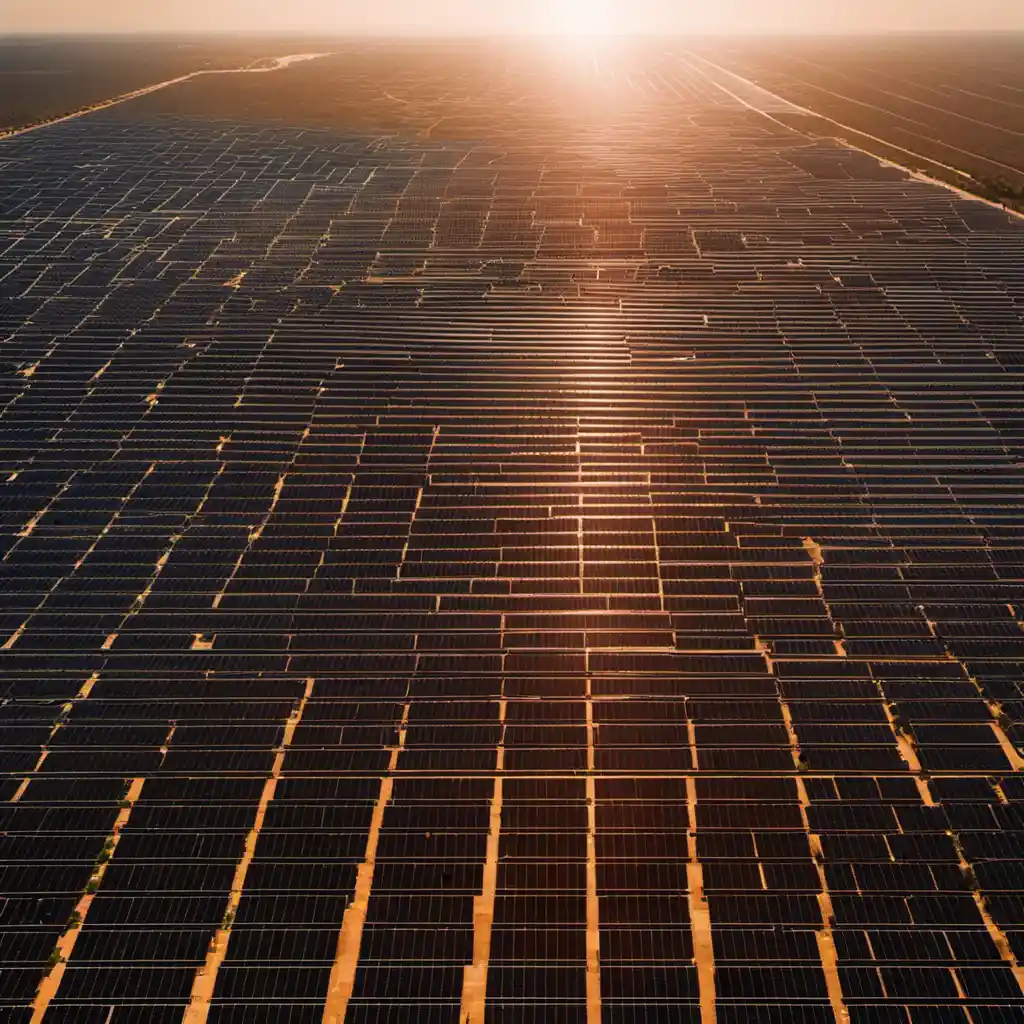Solar Energy Basics
Solar energy is a type of renewable energy derived from the Sun’s radiation, harnessed via various technologies such as solar panels and solar thermal energy. It is considered to be a clean and environmentally friendly source of power, and has the potential to be a significant part of sustainable and renewable energy solutions for the future. As of 2020, the solar energy industry produced around 2.3% of the global electricity supply.
Definition and Basic Facts
Derived from the Sun’s powerful rays, solar energy is arguably the most abundant energy source available. This sustainable power accounts for a significant portion of the total energy used globally. Unlike fossil fuels, the Sun offers an essentially limitless source of energy.
History of Solar Power
Old civilizations and Solar Energy
Interestingly, use of solar energy can be traced back to ancient civilizations. The Greeks, Romans, and Chinese, for instance, built their homes with south-facing windows to trap the sun’s heat during winter.
Modern Solar Energy
It was in 1954 that Bell Labs developed the first photovoltaic cell capable of converting solar energy into usable power. Since then, advances in technology have made solar energy more efficient and cost-effective.
Interesting Solar Power Facts
Earth’s most abundant energy source

One of the interesting solar energy facts is that the earth receives about 173,000 terawatts of solar energy continuously. This is more than 10,000 times the world’s total energy use.
Its role in the Water cycle
Solar energy drives the water cycle, essentially sustaining life on earth as we know it. It evaporates water from oceans and plants, leading to rainfall that replenishes our water sources.
Use in Space Missions
NASA has been using solar energy since the 1960s on various space missions, highlighting its extreme feasibility and adaptability.
Fun Solar Energy Facts
Solar as additional property value
Having solar panels installed on your property can add up to $15,000 to your home value, making solar not only an eco-friendly option, but a financially savvy one as well.
Silent and Pollution-free Energy Production
One of the lesser-known solar power facts is that solar power generation results in zero noise pollution. It’s a quiet, clean process that doesn’t contribute to air pollution.
Solar-Powered Calculators and Airplanes

Did you know that the first solar-powered calculators came out in 1976? Today, we even have solar-powered airplanes such as the Solar Impulse 2, which flew around the globe solely on solar power.
Solar Power Facts: Pros and Cons
The Advantages
So, what are the major solar power facts and pros? For starters, it’s a renewable and abundant source. Solar panels require little maintenance and can reduce or even eliminate electricity bills.
The Challenges
Unfortunately, solar power isn’t perfect. Some cons include dependency on weather, high upfront costs, and the space required for solar panel installation.
Solar Energy Statistics
Global capacity and generation statistics
In 2019, about 2% of the world’s electricity came from solar energy. By the end of 2020, total global solar capacity was a staggering 707 gigawatts!
International leaders in solar power production

China leads globally with over 48% of the world’s solar PV installations. The United States and Japan follow with 12% and 10% respectively.
Statistics on cost and efficiency over time
The cost of installing a solar photovoltaic system has fallen by 70% in the last decade. This is due to advances in technology that have improved the efficiency of solar panels.
Solar Renewable Energy Facts
Comparison to other renewable sources
Despite its many benefits, solar still falls behind hydropower and wind in terms of global capacity. However, this is expected to change as technology advances, costs drop, and more regions around the world adopt solar power.
Environmental impact
Solar energy reduces CO2 emissions, decreasing our carbon footprint and contributing to climate change mitigation. It’s also beneficial for health since it produces no noise and reduces air pollutants.
Role of solar in renewable energy future
Solar power is projected to be the world’s largest source of electricity by 2050, leading the way towards a more renewable and sustainable future.
The Future of Solar Power: Trends and Predictions
As we look towards the future packed with ‘solar power renewable energy facts’, we see innovative technologies like floating solar farms and solar glass. Additionally, political support via incentives and subsidies continues to drive growth in the solar sector. According to the International Renewable Energy Agency (IRENA), by 2050, solar power could provide the world with over a quarter of its energy needs.
As an intriguing journey of exploration into solar energy facts culminates, it is clear that the future of sustainable power is both exciting and bright. Solar energy, with its numerous applications, abundant benefits, and rapidly improving technologies, is blazing the trail in the renewable revolution. Understanding and appreciating these solar energy facts empowers us all to be active participants in paving our pathway towards a sustainable future.



